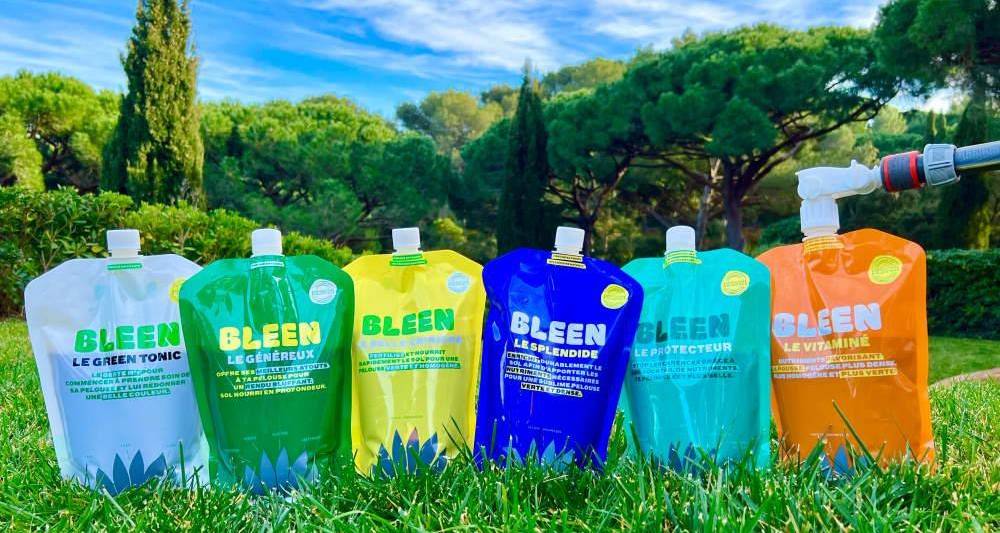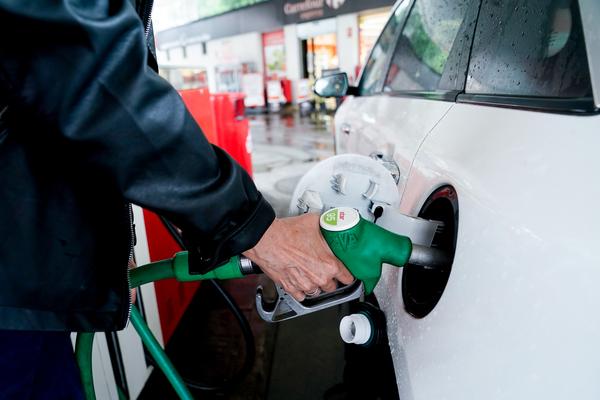The real consumption of cars exceeds the approved by more than 30%
Mile21 collects data provided by users, which show very notable consumption differences between the figures announced by manufacturers and consumption in real use.It is also proven that applying good efficient driving habits can be reduced by fuel consumption.
What is Mile21?
Mile21 is a collaborative database that owes its name to the English phrase "More Information Lessions, Empowering Consumers for a Greener 21st Century".Their objective is to provide consumers with real fuel consumption data and help them make decisions when buying a vehicle, driving efficiently and reducing fuel spending and polluting emissions.
Mile21 is a project funded by the Life+ Program of the European Union, in which OCU participates with other European consumers organizations (BEUC), universities and collaborating entities.In Spain, Mile21 was launched in October 2020.
Discover the real consumption of your car with Mile 21
Approved consumption, inaccurate information
After almost 9 months, we already have significant data from many models.It is verified that the real consumption declared by the users of the platform is greater than the approved, something that was expected.Also that consumption can be reduced and less gasoline or diesel, putting into practice the advice provided by the tool.
A continuación, mostramos cuatro vehículos que cuentan con bastantes datos en la plataforma. Para tres de ellos, la cifra de consumo homologado corresponde al anterioranterior ciclo de homologación NEDC, menos realista que el actual WLTP. Para el Volvo XC90, el consumo homologado corresponde ya al ciclo actual WLTP:| DATOS RECOGIDOS EN LA BASE DE DATOS MILE21 | |||
| Marca y modelo | Consumo homologadopor el fabricante(litros/100 km) | When you start registering the reposses (l/100 km) |
With efficient driving tips (L/100 km) |
| Citroën C3 1.5d 102 CV | 3,2 | 5,2 | 4,9 |
| Opel Zafira 1.6d 136 CV | 4,4 | 6,9 | 6,7 |
| Toyota Yaris 1.3 99 CV | 4,9 | 7,0 | 6,4 |
| Volvo XC90 2.0d 235 CV | 7,3 | 9,6 | 9,4 |
As seen, in all cases, real consumption exceeds more than 30 % the approved and in some it shoots up to 50 % more.This supposes for drivers a much greater fuel expense than expected and implies that the information they received when they bought their car does not respond to the reality of their use.And not only that, it also entails that the pollutant emissions of your car are higher than those planned, since emissions are proportional to the amount of fuel used.
Efficient driving: 0.2 liters less at 100 km
Another very interesting fact is that, when implementing the efficient driving tips that Mile21 suggests, consumption is reduced by at least 0.2 liters to 100 km.This is a decrease in emissions and fuel savings of more than 50 euros a year for people who travel 20.000 km a year in its vehicles.
These tips cover different aspects of driving, from the speed to the way the car is loaded or the use of heating or the air -acodicated air.All these efficient driving habits are easy to apply and very effective to lower consumption and save in gasoline or diesel.
Do you want to collaborate and save?
We encourage you to enter Mile21 and monitor your fuel consumption.The more people use the most useful will be the tool.It is totally free.You just have to enter the mile21 database, record your car and write down the liters you throw and the kilometers that marks the accounting every time you fill in the tank.
The data collected in Mile21 are useful to ensure that the information received by consumers is truthful, to assess whether emission reduction policies are working and make a realistic calculation of compliance with the objectives of reduction of the European Union.
Sign up on the webinar of Mile21 to know more
If you want to know more, the European consumer organization Beuc, of which OCU is part, has organized a webinar in which the importance of the reduction of energy of the vehicles will be discussed and how Mile21 can help in an important way in thisreduction.
Register to attend Webinar Mile21










3945